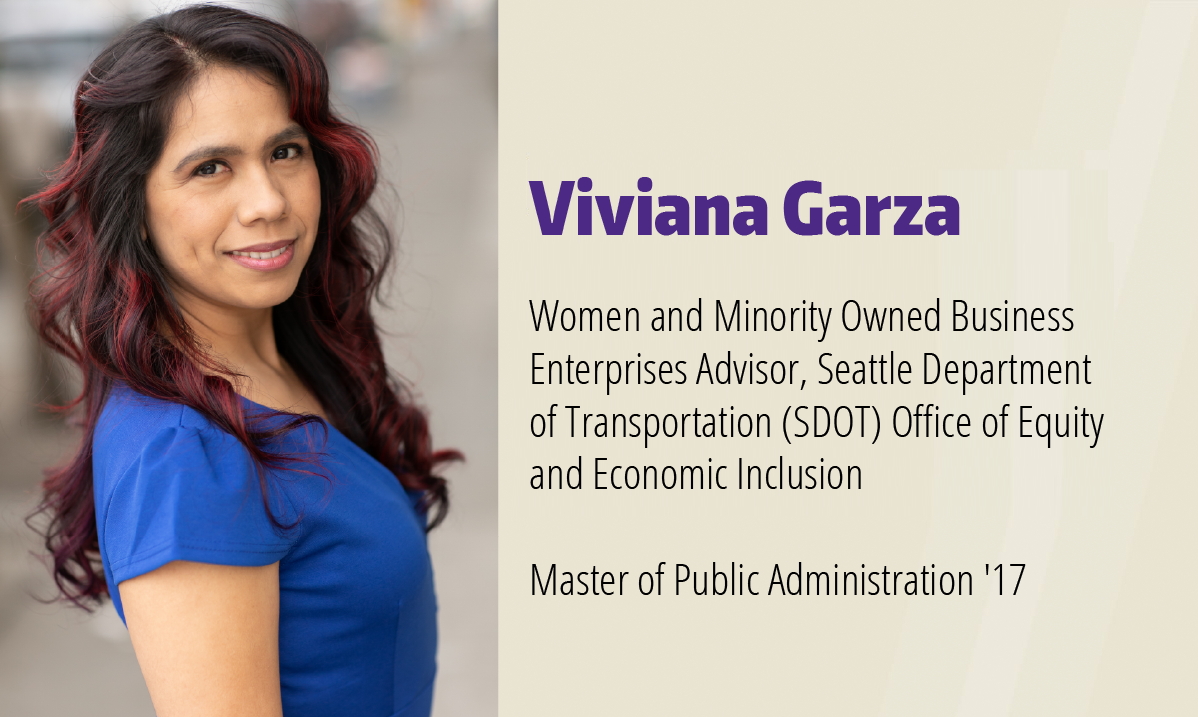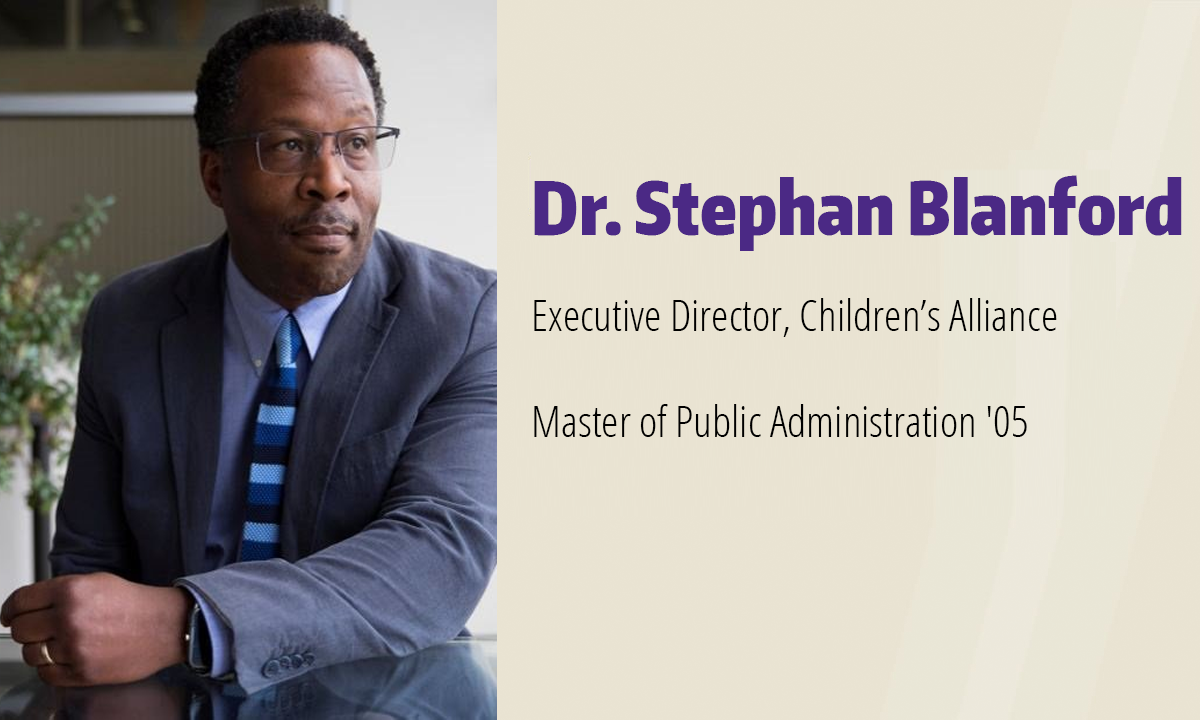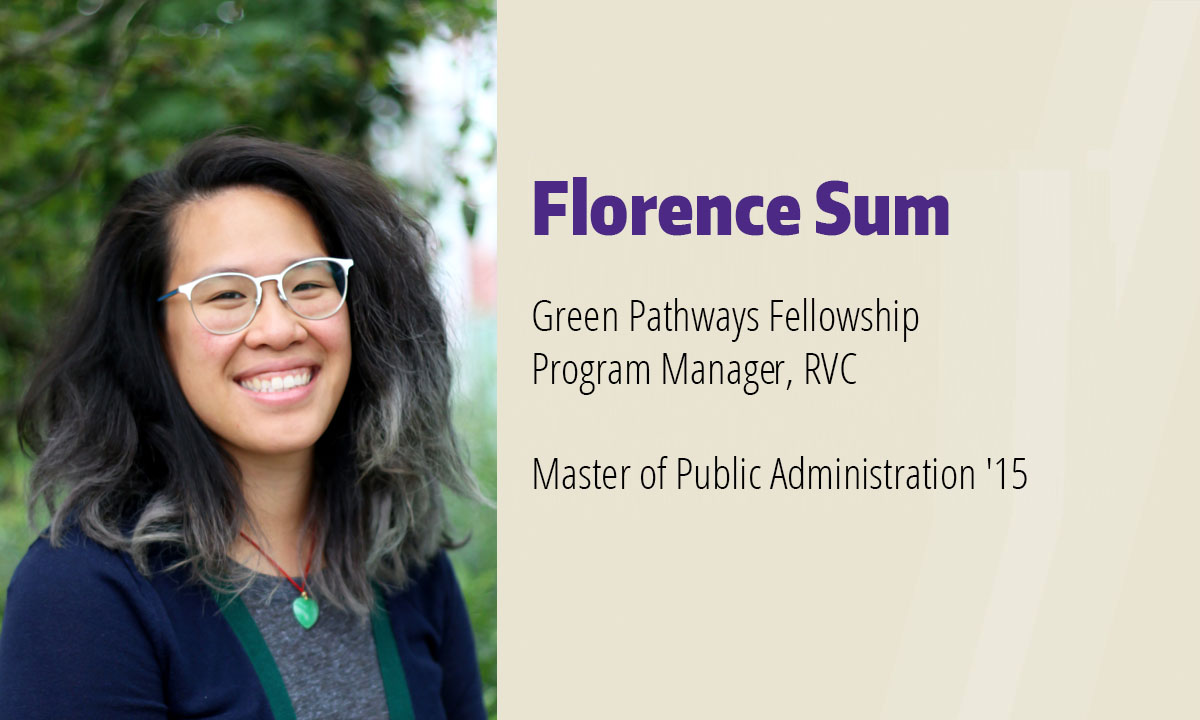Can you share a bit about the work you are currently doing – as a Women and Minority Owned Business Enterprises Advisor at the SDOT Office of Equity and Economic Inclusion – and what a typical day in your job looks like?
There isn’t a typical day in my job. My work spans multiple fields and areas of expertise and I get to engage with folx in the community as well as public officials and servants. The City of Seattle has a Women and Minority Owned Business Program (WMBE) which is a policy tool for increasing contracting equity within the City’s contracts focusing particularly on women-owned and minority-owned businesses, as those have been recognized as being significantly underutilized and underrepresented within City contracts. I manage and implement the WMBE Program within the Seattle Department of Transportation (SDOT), one of the City’s capital departments. The SDOT Women and Minority Owned Business Enterprises program seeks to eliminate internal barriers through fostering support of women- and minority-owned businesses from within SDOT and also by working externally to get information and resources to those firms.
My role can be at the most basic level categorized in internal engagement, external engagement, and data. I work with folx inside SDOT to improve and create processes and policies to increase equity in our contracts, as well as promote understanding of the WMBE Program and utilization of the tools for increasing that equity as a part of SDOT staff’s everyday work. I also work with community organizations and firms on an individual basis to help them navigate the City procurement process so they can gain access to resources and learn about upcoming anticipated projects to prepare for those opportunities.
To support all these efforts, I need to have a solid understanding of our SDOT spending and where our dollars are going. Therefore, I spend a good amount of time analyzing our data to determine where our typical avenues of spend are and come up with strategies to improve our contracting equity in that vein. I also work with other Departments, agencies, and community organizations through outreach events, taskforces, and other efforts to improve contracting equity throughout the City, County, and State. Priorities change daily and sometimes hourly, so I don’t have a typical day. But an example of one type of day can range from advising an SDOT project’s evaluation panel of experts regarding the prime’s Inclusion Plan, to meeting with a firm new to working with the City, to participating in a general meeting at a community organization, to meeting with an interdepartmental team to discuss policy changes for our Diversity Compliance system.
Every day brings new challenges and new problems to solve, and as long as I have my north star of rooting myself in racial equity and anti-racism, I know where to go.
What do you think the state of your field/organization will be in 2030? What will be the same, and what will be different?
It is hard to even speculate what the state of my organization will be in the upcoming year let alone in ten years, even more so for the field of equity work. I know that we are advancing in our technological abilities which has enabled us to reach individuals and groups that did not have access to our work in the past. That is at the same time bringing further to light the disparities in access that some organizations or people have. What I have seen is there is a greater emphasis on equity work as a whole in organizations, and while I think that is a good sign, I also am skeptical about the true intentions of these organizations – public, private, nonprofit and otherwise. There is a tendency for folx to become excited about something for a certain period of time before the excitement wears away and they turn to other interests. I am hopeful that the prioritization of racial equity, anti-racism, and decolonization will continue with firm roots, rather than empty words and false demonstrations of representation. My hope is that particularly those white folx in positions of power – men and women – can think about whether their actions are supporting, centering, and uplifting the Black and Indigenous folx and other people of color in their organizations, or are they simply following an “ethical business trend.” I am hopeful that more Black, Indigenous, and other people of color will be centered in conversations and that they are not solely called upon when people think about racial equity work.
What is something you have been most proud of, professionally?
I think I am most proud of where the SDOT WMBE program is currently in terms of the allies and interest that the Department has for the WMBE Program. We have had the largest number of WMBE Advocates who learned about our program in our trainings this year than any other, and I have implemented a WMBE Pathfinder award to acknowledge the SDOT staff who have been going above and beyond to help WMBE firms navigate the City’s resources and connect with the firms individually. Honestly, I am also most proud of how non-traditional it was for me to join this department and take on this role. I was a Sr. Strategic Data Analyst supporting this role for 5 months before I became the Interim WMBE Advisor where I learned in a trial by fire all the pieces of the program and work – from presenting to City Council, to putting on major outreach events and training programs, and to meeting with Senior Executives in SDOT, the City and other agencies about policy, strategies and tactics to move the needle for the minority- and women-owned business community. I am proud that I had the resilience to fight for the justness of the work, managing expectations from many different stakeholders, and built relationships, allies, and networks to support the WMBE Program within SDOT and externally. I don’t look for accolades and don’t do well with compliments, but one of the best compliments that I have received was from a leader in the women- and minority-owned business community who spoke honestly and frankly at a recent event and said “I am saying this to you, not just because she is here, but because it is true and I tell others this frequently: Viviana truly is an advocate for the WMBE community, and she truly does care about equity.” Whenever I hear from firms reaching out to me sharing they have heard that I am an advocate, regardless what their question is, to me that is the most I can ask for. If folx in the community are telling each other that I am someone to trust, that means more to me than any award I could ever receive.
UW and the Evans School are committed to Diversity, Equity, and Inclusion. How are you addressing Diversity, Equity, and Inclusion in your work and personal life?
Equity work is not something that I address in my work or personal life. Racial equity, anti-racism, and decolonization are parts of who I am. Since they are parts of me – from my upbringing from a Mexican-American family from Los Angeles who fought against gerrymandering and racism through lawsuits and the different organizations they supported and were a part of such as the Mexican American Legal Defense and Educational Fund (MALDEF), to focusing on integrating diversity and inclusion into my small private mostly white school and attending conferences such as the Chicano Latino Youth Leadership Project – I bring that knowledge and experience to what I do. For me, the personal is political and I don’t see a distinction between myself unlearning racism or learning about how to practice decolonization and integrating that knowledge into the policies and programs I work within at the City of Seattle.
What’s the next skill or knowledge set you want to add to your repertoire?
I recently obtained my Project Management Professional Certification and scored above target. So, I could say that I am now looking to achieve another certification going forward. However, in reality the next skill I would like to add to my repertoire quite honestly is relaxation and the knowledge of my value regardless of my output. I have never been able to relax, but I am learning that the constant desire for excellence and problem-solving is rooted in the racist capitalist idea that if we aren’t constantly improving, then we have no value within this economic system. A valued colleague recently told me that we are allowed to take a breath sometimes to fill ourselves with the peace, calm, and awareness that we can use to progress where we need to go.
Looking back on your Evans School experience, what stands out as the most impactful aspect and why?
The most impactful experience was being a part of the Evans Student Organization. I was able to work with many different stakeholders including my amazing volunteer team, start a number of initiatives including the utilization of students in the faculty hiring process, and engage with policy changes in the curriculum, including navigating the politics of selecting the graduation day speaker – allowing students the ability to protest without repercussion which then gave way to future conversations regarding engaging with graduates prior to the administration deciding on the speaker. We also created a structure that we thought would help future classes stay engaged with the administration, faculty, and students in a helpful way. Those conversations and the diversity of needs that the team had taught me better management skills and that I could be a “part of the system” and work for the community. I could even protest the very system I was a part of and stand by my principles while acknowledging the difficulties that the administration faced to make real changes. This engagement prepared me to be a leader who can go into places and get to the root of problems, lead with racial equity, and even if we don’t get what we want, be able to find ways to strategize to improve the outcomes for ourselves and others going forward.
How does your Evans education impact how you approach your work today?
The education – both formal and informal – I received at Evans taught me how to be an adaptable leader working with many different types of people and learning how to motivate them to a common goal. I learned how to listen to many different points of view and manage stakeholders in a collaborative and constructive way while centering the minoritized and historically ignored and dismissed peoples’ views. I learned about executive leadership, management, stakeholder management, policy creation, and constructive communication at Evans and all of this I bring to my work each day.



